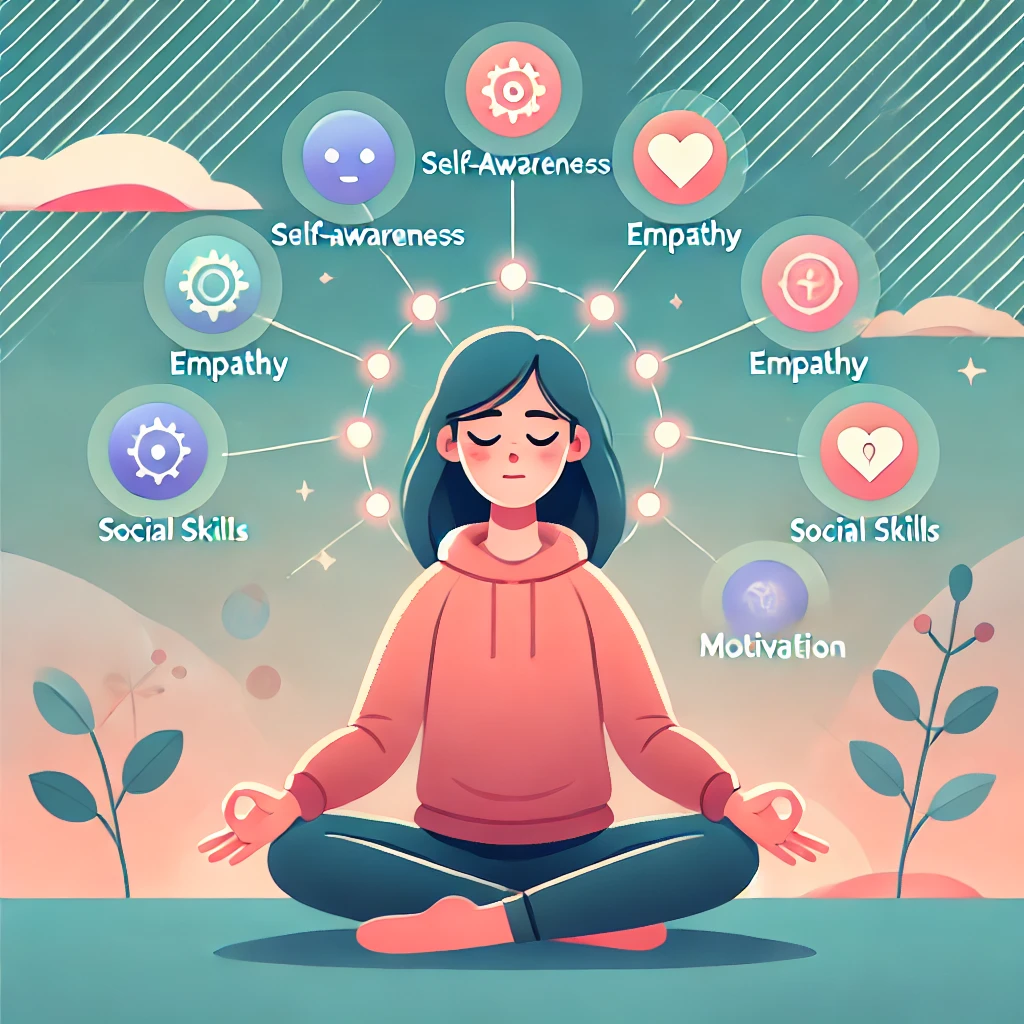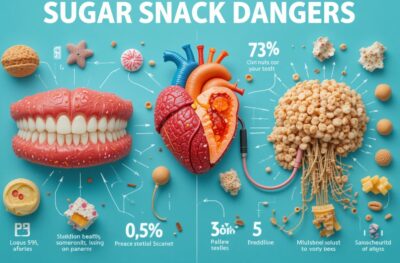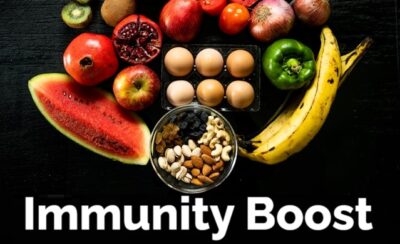How to Become an Emotional Intelligence Hero: Your Guide to Personal Growth?
In a world that’s constantly evolving, personal and social growth has become essential for navigating life’s complexities. But what if a single skill could help you better understand your emotions, connect more deeply with others, and enhance your overall well-being? That skill is Emotional Intelligence (EI). The Emotional Intelligence guide to Growth highlights how mastering EI is vital for fostering both personal and professional development. It enables individuals to manage their emotions effectively, build meaningful relationships, and improve self-awareness. This article explores the critical role EI plays in fostering growth, how it can be cultivated, and its strong connection to self-development and self-learning. We’ll also examine how communities like CIB (Community for Individual Betterment) create environments that encourage emotional and personal growth.
Table of contents
- How to Become an Emotional Intelligence Hero: Your Guide to Personal Growth?
- 1. Understanding Emotional Intelligence (EI)
- 2. Why EI Is a Game-Changer
- 3. How EI Enhances Social Connections
- 4. The Role of Self-Development in Personal Growth
- 5. CIB: A Community for Growth and Learning
- 6. Practical Strategies to Build EI
- 7. EI’s Role in Academic and Career Success
- 8. Resources to Enhance EI and Self-Development
- 9. Conclusion: The Journey to Emotional Mastery
1. Understanding Emotional Intelligence (EI)
Emotional Intelligence, or EI, refers to the ability to perceive, manage, and influence emotions—both your own and those of others. While IQ measures intellectual capabilities, EI focuses on emotional skills like self-awareness, empathy, and social interaction.
Core Components of EI:
- Self-Awareness: Recognizing and understanding your emotions and their impact on your actions.
- Self-Regulation: Managing emotional reactions and channeling them productively.
- Motivation: Staying driven to achieve goals beyond external rewards.
- Empathy: Tuning in to others’ feelings and perspectives.
- Social Skills: Building and maintaining healthy relationships, resolving conflicts, and inspiring others.
2. Why EI Is a Game-Changer
Emotional Intelligence profoundly influences personal relationships, workplace dynamics, and even mental health. Studies show that EI often predicts success better than IQ. Whether you’re a student, a professional, or a leader, high EI can help you handle stress, make sound decisions, and foster collaboration.
Take the example of a team leader: someone with strong EI will motivate their team, address concerns empathetically, and navigate conflicts with ease, creating a positive and productive environment. Conversely, a lack of EI may lead to misunderstandings and strained relationships.
3. How EI Enhances Social Connections
Emotional Intelligence strengthens social bonds by fostering understanding and compassion. It helps people interpret nonverbal cues, adapt to different social contexts, and communicate more effectively. Whether you’re engaging in a classroom debate, a workplace discussion, or a family gathering, EI equips you with the tools to navigate emotional complexities and build lasting connections.

4. The Role of Self-Development in Personal Growth
Self-development is a lifelong process of improving skills, knowledge, and overall well-being. It goes hand-in-hand with Emotional Intelligence, as developing EI often leads to greater self-improvement.
Key Areas for Self-Development:
- Skill Mastery: Learning new abilities to boost your expertise and adaptability.
- Mindset Growth: Cultivating resilience and a willingness to embrace challenges.
- Health Focus: Maintaining mental and physical well-being to stay balanced and energized.
Investing in self-development helps individuals navigate life’s challenges, improve relationships, and achieve long-term goals.
5. CIB: A Community for Growth and Learning
The Community for Individual Betterment (CIB) offers a platform for individuals to grow through self-learning and collaboration. Unlike traditional educational setups, CIB fosters a supportive environment where members share resources, experiences, and insights. This collective approach accelerates the development of Emotional Intelligence and other life skills.
How CIB Encourages Growth:
- Providing access to online courses and workshops.
- Offering interactive sessions to build empathy and communication skills.
- Creating opportunities for peer-to-peer learning and mentorship.
6. Practical Strategies to Build EI
Enhancing Emotional Intelligence is an ongoing journey that can be integrated into daily routines. Here are some effective techniques:
- Practice Mindfulness: Regular mindfulness exercises can increase self-awareness and emotional control.
- Listen Actively: Focus on understanding others without interrupting or judging.
- Maintain a Journal: Writing about your emotions helps process them and identify patterns.
- Seek Feedback: Constructive input from others highlights areas for improvement.
- Set Goals: Clear, achievable goals enhance motivation and foster a sense of purpose.
7. EI’s Role in Academic and Career Success
High Emotional Intelligence can significantly boost academic performance and career advancement. For students, it aids in managing stress and staying organized. For professionals, EI enhances leadership capabilities, teamwork, and conflict resolution. Employers increasingly value EI, recognizing its role in creating harmonious and effective work environments.
8. Resources to Enhance EI and Self-Development
There are many accessible resources to help improve EI and promote self-growth:
- Online Learning Platforms: Coursera, edX, and LinkedIn Learning.
- Mindfulness Programs: Mindful Schools and Calm app.
- Development Books: Titles like Emotional Intelligence by Daniel Goleman.
- Community Tools: Peer workshops and discussion forums.
9. Conclusion: The Journey to Emotional Mastery
Emotional Intelligence is not just a skill; it’s a life-changing tool that enhances personal and social well-being. By investing in EI and self-development, individuals can unlock their full potential and lead more fulfilling lives. Communities like CIB provide the support and resources needed to embark on this journey. Start small—embrace mindfulness, practice empathy, and commit to continuous learning. The path to personal growth begins with a single step.
Sources:
- Daniel Goleman, Emotional Intelligence: Why It Can Matter More Than IQ (1995)
- Harvard Business Review, “The Impact of Emotional Intelligence on Leadership” (2021)
- MindTools, “Emotional Intelligence and Its Impact on Professional Success” (2022)
- PubMed Central, “Emotional Intelligence and Mental Health” (2020)
Image Resources:






